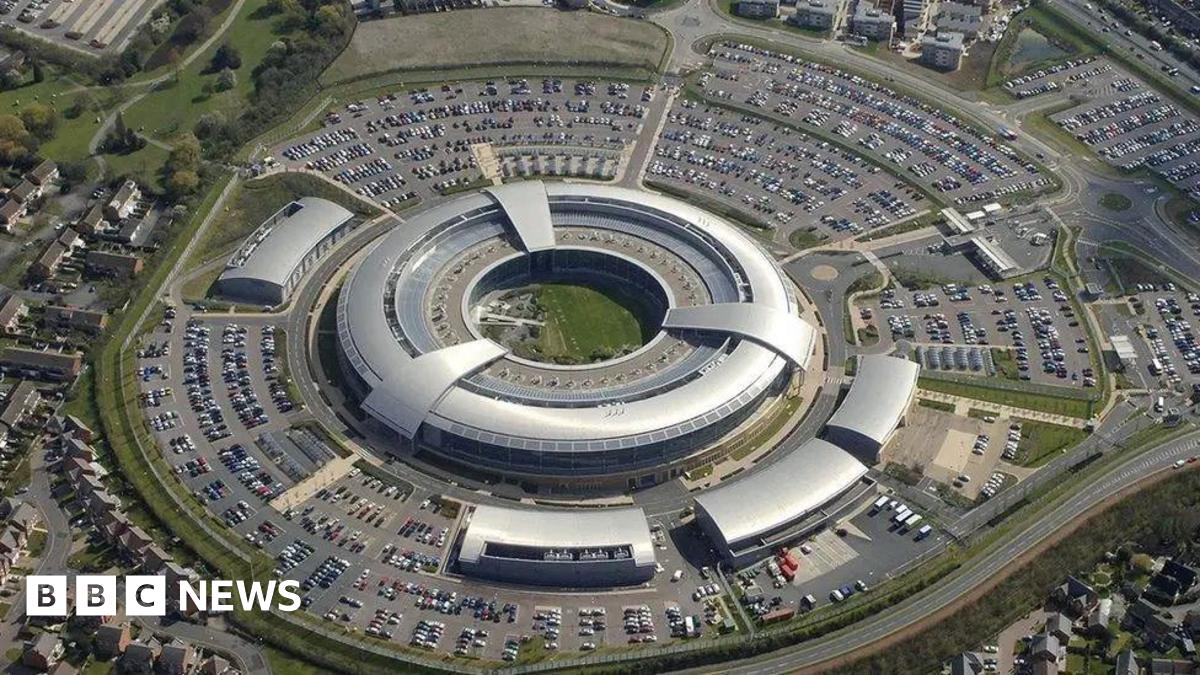World
National Insurance fears spark business backlash

Speculation is gathering about what Labour will announce in its first Budget in almost 15 years at the end of this month.
The chancellor claims there is a £22bn “hole” in the public finances and that some taxes will be raised.
National Insurance contributions are the UK’s second-largest revenue raiser behind income tax. It is paid by workers and the self-employed on earnings and profits, and by employers on top of the wages they pay out.
Changes to the tax can be introduced – and generate cash – quickly, within weeks of a Budget through digitalised payroll systems.
Employers pay National Insurance of 13.8% on a worker’s earnings above £175 per week.
The Institute for Fiscal Studies (IFS) think tank told the BBC that HMRC has estimated that increasing the rate of National Insurance paid by employers by one percentage point to 14.8%, for example, could raise as much £8.5bn per year in the short term.
Isaac Delestre, an economist at the IFS, said the forecast does not take into account the impact increasing National Insurance could have on the amount the government generates from other taxes, such as income tax.
For example, employers could restrict wage rises, meaning employees would pay less on their individual National Insurance contributions and income tax.
If businesses decided to absorb the extra cost, their profits might be lower and therefore, the amount they pay in corporation tax could be less.
Mr Delestre said the situation for the government around potentially raising National Insurance was “quite delicate”.
The government could also decide to introduce a National Insurance levy on the contributions employers pay into workers’ pensions. Currently, this is tax-free.
The IFS said the creation of a subsidy for employer pension contributions of 10% could raise around £4.5bn per year.
But Alice Haine, personal finance analyst at Evelyn Partners, said such a tax hike could have “unintended consequences” as businesses might then “choose to reduce headcount or stick to the auto-enrolment minimum for pensions to cut costs”.









